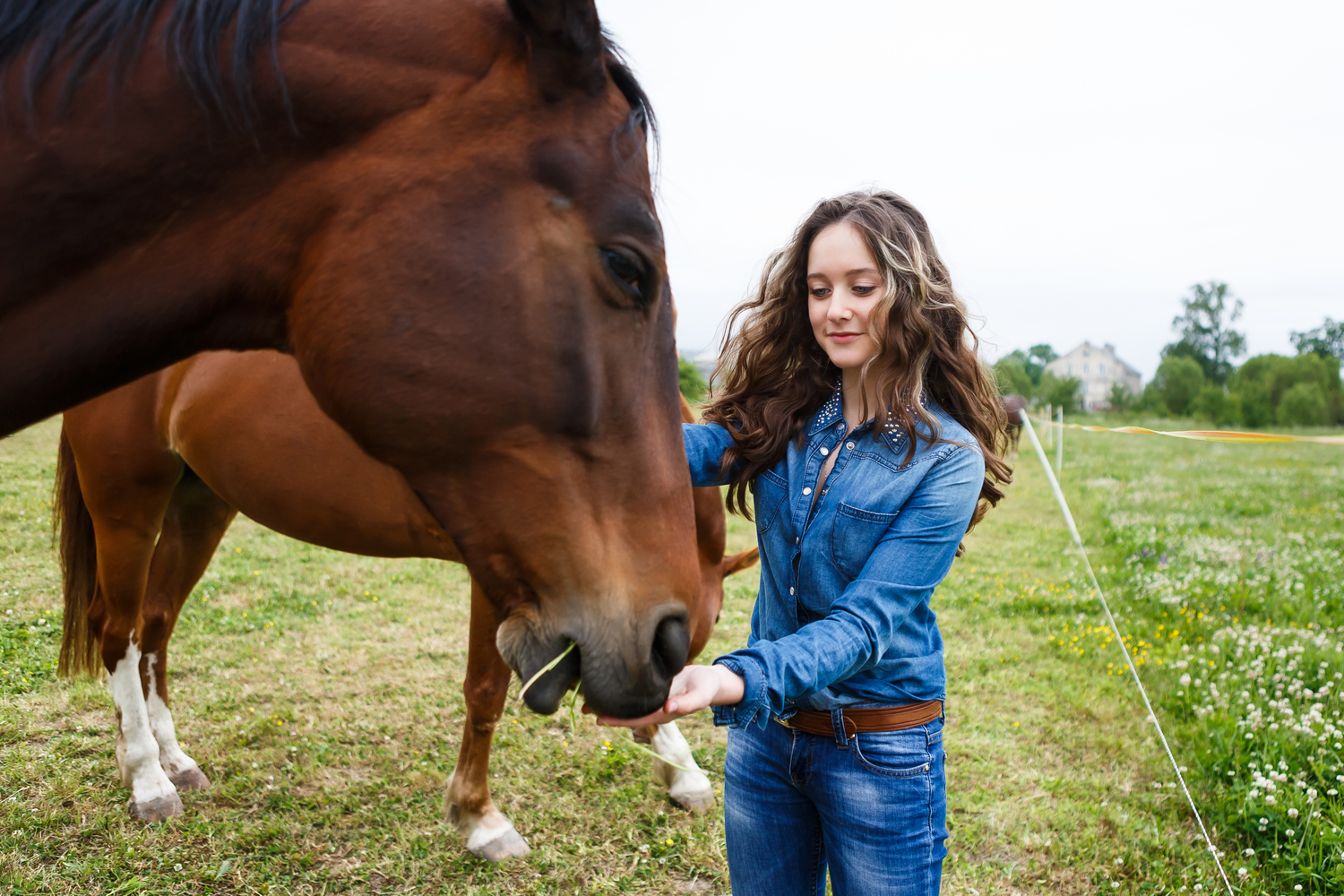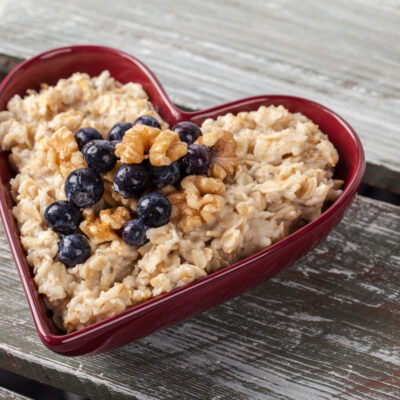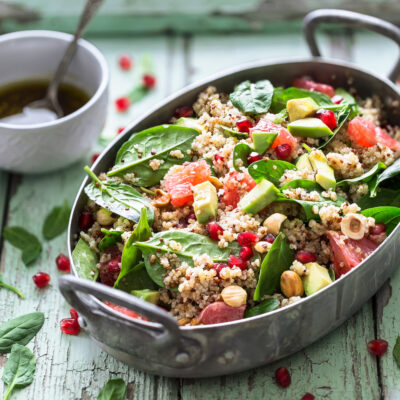
Food Allergies And Their Causes In Horses
Like in pet cats and dogs, food allergies in pet horses are also difficult to diagnose. There is no proper testing method for the symptoms and triggers for food allergies in pets. So, the standard method of diagnosis is an elimination diet. This requires strictly and systematically eliminating one food item the horse eats routinely and observing whether the allergic symptoms reduce. The trigger food can be identified through this process, but consistently following this process will take a long time, close to 4-6 weeks at times, and it also requires patience.
Although quite uncommon, food allergies in horses can be vague and quite tedious to identify. By ruling out other diseases, the veterinarian usually concludes that the pet horse indeed has a food allergy. However, this process can sometimes take even a few months, and the horse must not be fed any other feeds and supplements during that period. After the symptoms alleviate with the elimination diet, the horse must be challenged with its previous diet to check whether the symptoms recur and to identify the trigger foods.
Symptoms
The symptoms of food allergies in horses are both gastrointestinal and dermatological:
- Dermal pruritus or the urge to keep scratching continuously due to itching
- Inflammation and redness of the skin
- Crusty or scaly skin texture and hair loss because of constant itching
- Papules or secondary skin lesions
- Hives that appear suddenly
- Vascular inflammation of the blood vessels that can make them thick, weak, narrow, or scarred. This can restrict blood flow, causing serious damage to organs and tissues.
- Diarrhea
- Chronic colic
- Weight loss
- Runny and/or bleeding noses
- Swelling around the shoulders and stomach
The symptoms of food allergy in horses are non-seasonal and similar to other allergies caused by insects and environmental pollutants.
Causes
The causes of food allergy in horses, like in other pets or even humans, is the adverse response of an overactive immune system to certain antigens in the food they consume. Young pet horses are more susceptible to developing the symptoms through triggers for food allergies, and any of the following can cause this:
- Grains, grass, barley, bran, chicory, malt, potatoes, fresh lucerne, buckwheat, or oats.
- Any additives present in commercially produced food supplements and processed feeds that horses eat.
Experts believe that the most appropriate diet for managing the symptoms and triggers for food allergies in pet horses is one that contains very little grains like rice, wheat, oats, and barley, Instead, increased amounts of fiber-rich beet pulp, bran, and grain hulls can be given. Apart from these foods, horses can be provided carrots, apples, pears, melons, grapes, peaches, celery, and green beans. Also, they must be provided clean, dust-free hay, and a diet rich in gut-friendly bacteria that can help improve digestive ability. An increase in the balance of healthy gut flora contains/minimizes allergic reactions to some extent.


